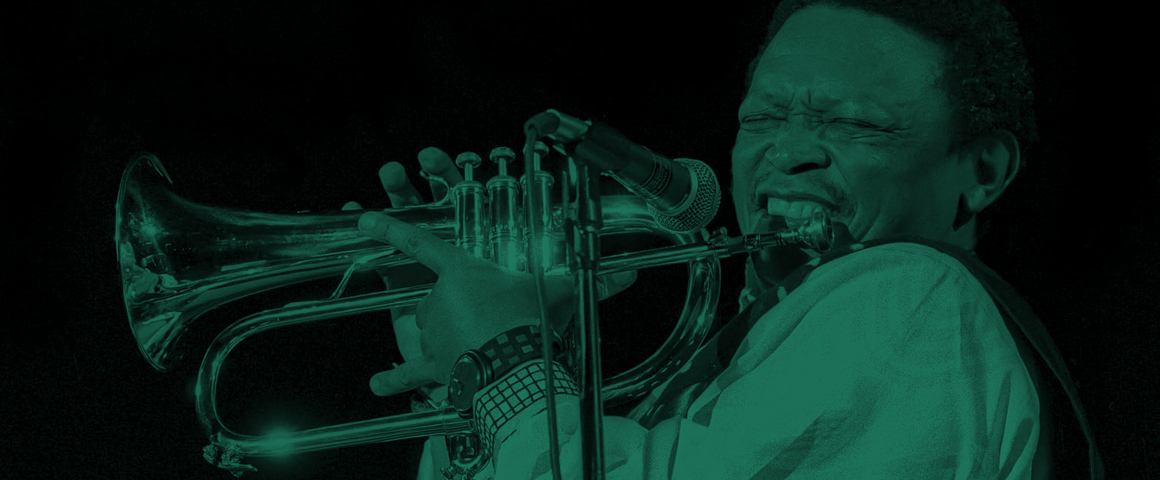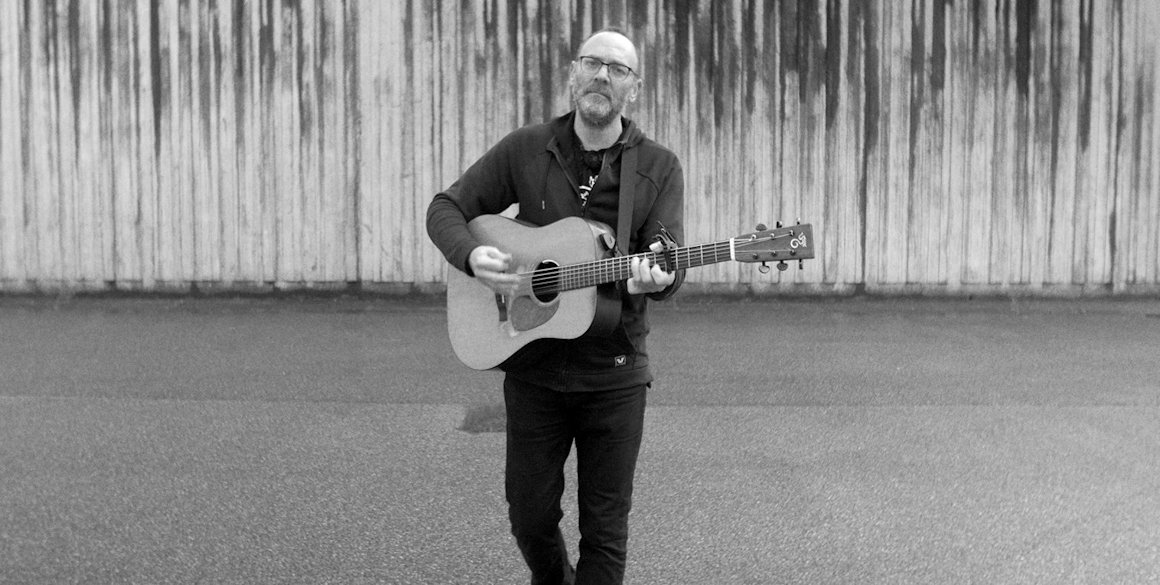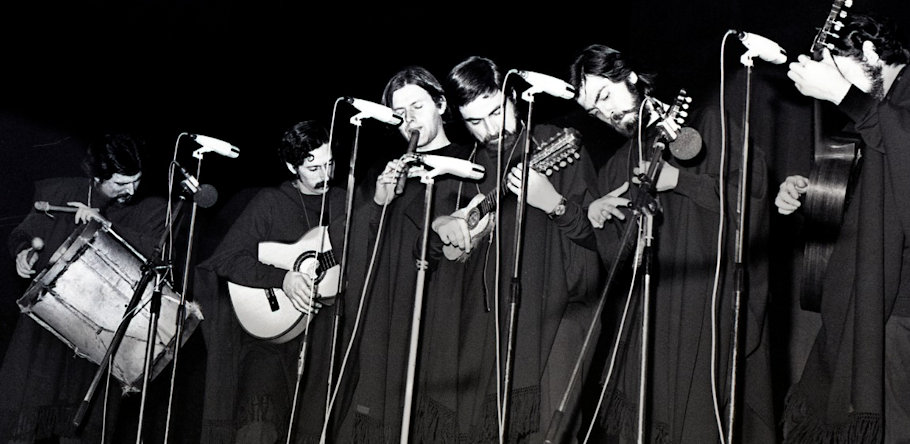Grammys: Getting political?
No doubt about it, the 60th annual Grammy Awards celebration at New York’s Madison Square Garden on January 28 was way more political than usual. Of course, it’s not surprising, given the escalation of racism, misogyny, militarism and climate denial in the age of Donald Trump, and the generally liberal nature of the music industry. Moreover, the Recording Academy (sponsor of the Grammys) was aware of the politically-charged Golden Globe Awards earlier in the month. From rapper Kendrick Lamar’s hip-hop/dance mash-up, with its bitter criticism of systemic racism in the USA; to Camila Cabello’s appeal to protect undocumented migrants; to rapper Logic’s defense of open-door immigration and his message of respect to nations characterized as “shitholes” by President Trump, to the tribute to music-loving victims of mass killings in Las Vegas and Manchester, there were a lot of good sentiments on display. But a tasteless pre-taped appearance by Hillary Clinton ridiculing Trump’s intelligence, and an utter silence on the Empire’s many foreign wars and interventions underscored the political limits of the protest.
#GrammysSoMale
In the era of #MeToo, with women calling out powerful men in the entertainment world as sexual predators, it was obvious that the Grammys were going to have to contain a statement. R&B artist and actress Janelle Monáe set a militant tone with her introduction of embattled singer-songwriter Kesha. Monáe’s “Time’s Up” speech called attention to the sexual abuse that is “right here in our industry”. Kesha is a best-selling recording artist who has been in a long, punishing legal dispute with her producer, Dr. Luke, after accusing him in 2013 of sexual assault, emotional abuse, and employment discrimination. Kesha’s anguished performance of her song “Praying” was accompanied with clenched fists by Cyndi Lauper, Camila Cabello, and other women artists, and it brought many to tears. Others noted that Kesha had lost her case and was being sued for defamation. The Grammys, they suggested, were putting the burden of representing a new era of zero tolerance for abuse on a suffering woman who remains trapped in the legal system. Meanwhile, the Twitter hashtag #GrammysSoMale was making the Academy nervous. The New York Times had earlier noted that of 899 people nominated for Grammys in the past six years, only 9% were women. This year, out of twenty available nominations for the top four award categories, only five were women, and only one was a winner (Alessia Cara for Best New Artist). New Zealand star Lorde, the only female nominee for Album of the Year, was left to sit on her hands in the audience while all four male nominees strutted their stuff in feature performance slots. Recording Academy President Neil Portnow responded to #GrammysSoMale, calling on women to “step up”, thereby inviting ridicule by stars like Pink and moving the Guardian’s reviewer, Laura Snapes, to write “few things leave a bad taste like powerful men [suggesting] that it’s up to marginalized groups to better their own fortunes”.
Hugh Masekela 1939-2018
South African trumpeter, flugelhornist, composer, vocalist, and anti-Apartheid activist Hugh Masekela died at his home in Johannesburg on January 23. “Bra Hugh” was a pioneer of South African jazz, as well as an innovator and international star in the Afro-pop fusion styles that swept the world in the 70s and 80s. Masekela’s musical reputation was based upon his spirited live appearances and a long series of consistently high-quality albums that showcased his work as a composer, band leader, horn player, and vocalist. His instantly-recognizable sound on the flugelhorn combined striking upper-register lines, bell-like intonation, catchy repetitive phrases, half-valve effects, bent notes, slurs, and tonal colours. As a youth, Masekela played in a Sophiatown school jazz band organized by Trevor Huddleston, an Anglican priest and prominent fighter for African equality. In 1956, during a trip to the USA, Huddleston met trumpeter Louis Armstrong, and told the great musician about his young student. Armstrong obligingly sent the youth one of his trumpets. By 1959, Masekela had formed – with pianist Dollar Brand (Abdullah Ibrahim), saxophonist Kippie Moeketsi and others – the seminal jazz combo, The Jazz Epistles. Masekela left South Africa after the Sharpeville Massacre of March 21, 1960, when South African police killed 69 people at a protest against apartheid pass laws. He lived in exile for thirty years, collaborated with many of the world’s leading jazz, folk, pop, and classical musicians, and became a symbol of the anti-apartheid movement. His 1968 single, “Grazing in the Grass” was a million-seller. “Soweto Blues” and “Bring Him Back Home” became international anti-apartheid anthems. The South African Communist Party, responding to the news of his death, said that Masekela “contributed immensely to the international isolation of apartheid and to solidarity with the whole of our African continent, and other continents struggling for freedom, justice, and democracy.” To learn more visit http://hughmasekela.co.za




